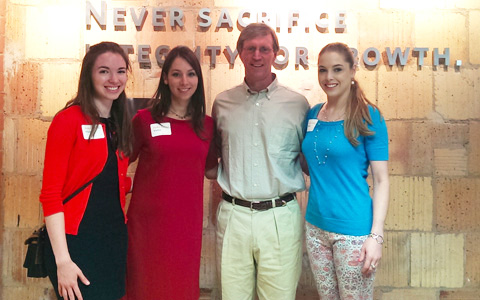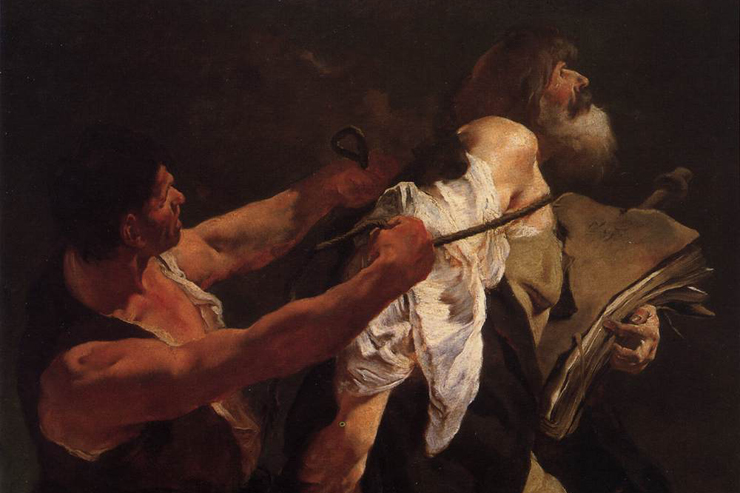 I think it might be the result of being friends with five current and former chastity educators, but I have found myself noticing more and more the negative influences our culture has put on our perception of love.
I think it might be the result of being friends with five current and former chastity educators, but I have found myself noticing more and more the negative influences our culture has put on our perception of love.
Case in point: Recently I was on a tour with a few friends and about 50 other people. One of those other people was a little girl – she couldn’t have been any older than ten – carrying a small purse. That’s not unusual in and of itself: Little girls like to carry purses, even if all they have are some lip smackers and a couple of dollars. Her purse caught my eye because embroidered on it was the word LOVE, followed by the words SHOES, BOYS, WEEKENDS, SHOPPING, CHOCOLATE and DIAMONDS.
I’m not trying to be an alarmist here, but is this really what we want little girls carrying on their shoulders? Are they really learning so early-on that love can be equated with such things?
A writer at heart, I am a huge believer in the power of words. Therefore it makes me sad to see the cheapening of such a powerful word as love.
But as I have reflected a little more on this purse and this downgrading of love, I have realized that sadly, I’m guilty of it, too: I e-mail my graphic designer roommate links to pictures of cool product designs, telling her how much I “love” them. I have a weird bird-lady obsession with cute birds, and so when I see one, I say that I “love” him. I “love” Italian food. I “love” antiques and old books. I “love” Pride and Prejudice – both the novel and the Colin Firth film. Oh, did I mention that I “love” Colin Firth?
I like to end conversations with family and friends by telling them that I love them – because I want them to know that I do. I really do love them in the true sense of the word. But with as much as I throw around the word “love,” it’s a wonder that they take me seriously.
Think about it for a minute: Should your family and friends take you seriously when you tell them you love them?
When I actually think about the word love, my mind goes straight to John Paul II’s Theology of the Body, and the Pastoral Constitution that he quotes so often:
God, who has fatherly concern for everyone, has willed that all men should constitute one family and treat one another in a spirit of brotherhood. For having been created in the image of God, Who ‘from one man has created the whole human race and made them live all over the face of the earth’ (Acts 17:26), all men are called to one and the same goal, namely God Himself. For this reason, love for God and neighbor is the first and greatest commandment.” (Gaudium et Spes 24)
Basically, we were made from Love, by Love and for Love. Love for God and love for each other. That particular section of Gaudium et Spes goes on to say that Love is the fulfillment of the Law, and later says that man “cannot fully find himself except through a sincere gift of himself.”
Can I offer a sincere gift of myself to a cute bird or an antique book? Can I find myself through Italian food? I cringe to think how the Holy Father, who famously said that he – as a young priest – learned to love human love, would react to how easily I (and so many others) throw around the word love.
Perhaps we’re we are all victims of a culture that equates love with weekends, shopping and Colin Firth, or of a language that doesn’t have a simple word strong enough to express that you really like something. But that’s no excuse. We need to reclaim the power of the word love.
That being said, I am making a new resolution: I will only use the word “love” when I really mean love, and I will make do with the less dramatic “like” to describe my affinity for all else – even (sigh) Colin Firth.












